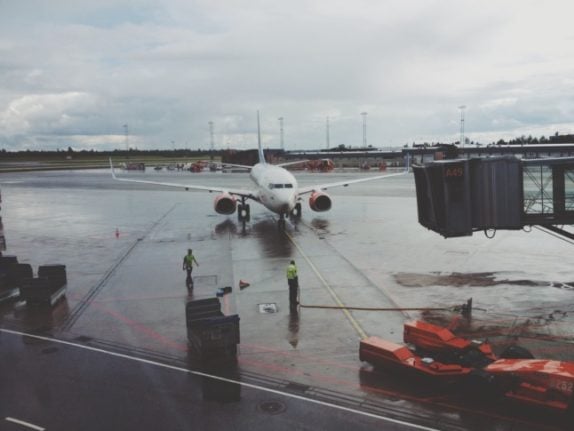From 3 pm, Friday, June 11th, arrivals who have been fully vaccinated in Norway and can prove it through the country’s Covid-19 health certificate will be able to skip the entry quarantine period, provided they test negative for coronavirus within two days of their return.
The same will apply to those who have tested positive for Covid-19 in Norway within the last six months.
The Covid-19 certificate is available via helsenorge.no.
In addition to this, the Norwegian Institute of Public Health announced on Friday that travellers exempt from quarantine upon entry under the new rule would also no longer need to present a negative Covid-19 test at the border.
The Ministry of Health also confirmed the news.
“Fully vaccinated and people who have had Covid-19 in the last six months also do not need to present a certificate showing a negative test taken 24 hours before departing for Norway, but must still be tested at the border,” The Ministry wrote on its website.
Those no longer required to present a negative test or enter quarantine will still need to get tested at the border and register their arrival 72 hours prior.
In Norway, fully vaccinated is defined as:
- People who have received both vaccine jabs, and at least one week has passed since the second shot
- Those who have tested positive for Covid and then received a vaccine dose at least three weeks afterwards
- Have received the first vaccine dose and then tested positive three weeks after vaccination.
Traveller’s with only vaccine dose will be able to quarantine at home and test themselves out of the isolation period after three days, provided they received the vaccine at least three weeks prior.
READ ALSO: Latest: Who has to enter quarantine hotels when travelling to Norway?
Those vaccinated abroad will still need to enter a quarantine hotel or quarantine at home, depending on where you arrive from.
However, the government plans on letting fully vaccinated travellers using the EU’s vaccine passport skip quarantine when the scheme launches in July.
The government are still advising against all non-essential international travel. Current entry restrictions also remain in place.



 Please whitelist us to continue reading.
Please whitelist us to continue reading.
Member comments